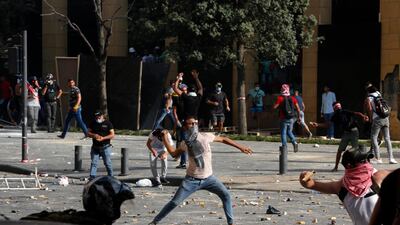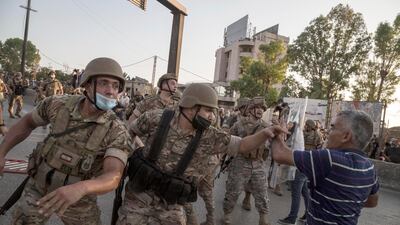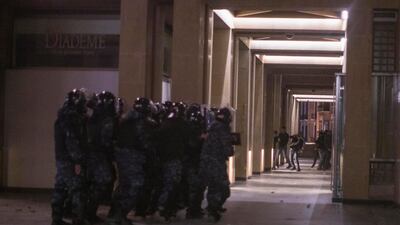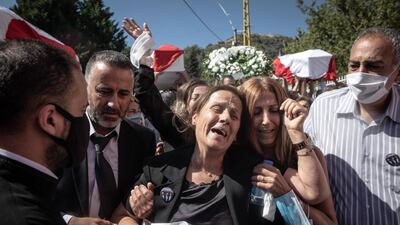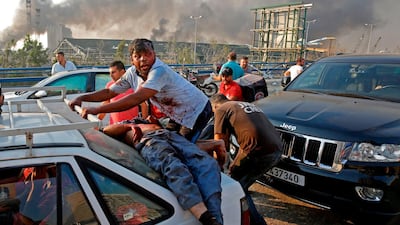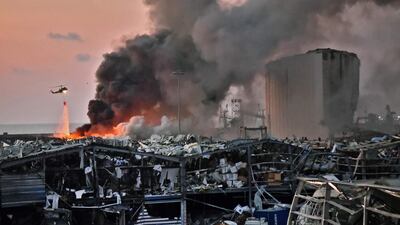Lebanon’s top Christian cleric urged politicians on Friday to rid themselves of external pressure and form a government to end political deadlock and help resolve a severe financial crisis.
Fractious politicians have been unable to agree on a new administration since the last one quit in the aftermath of the August 4 Beirut port explosion, leaving Lebanon rudderless as it sinks deeper into economic crisis.
Veteran Sunni politician Saad Hariri was named premier for a fourth time in October promising to form a cabinet of specialists to enact reforms necessary to unlock foreign aid, but political wrangling has delayed the process.
If the reasons for not forming a government are internal than "the problem is great" because it shows lack of responsibility, but if they are external "it is greater" because it exposes loyalties beyond Lebanon, Maronite Patriarch Bechara Boutros Al Rai said at Christmas Mass.
His repeated calls for the nation to be free from regional influences are widely understood as references to Lebanon’s Shiite Hezbollah movement that is backed by Iran.
"What conscience allows for Lebanon to be tied to struggles it has no relation to?" he added.
Prime Minister-designate Hariri and President Michel Aoun aired their differences over the government in statements on December 14.
Under a sectarian power-sharing system, Lebanon’s president must be a Maronite Christian and the prime minister a Sunni Muslim. Mr Aoun is an ally of Hezbollah, listed as a terrorist group by the United States.
The financial crisis came to a head last year after decades of corruption and bad governance, sinking the currency by some 80 per cent, freezing savers out of their deposits and causing poverty to soar.







